Protect yourself first so you can rest easy while you’re creating.
Podcasting may be a great way for creative types to scratch their itch—but like all artistic endeavors, it still requires paperwork. We know. It doesn’t sound fun. It doesn’t sound exciting. But we promise that in the long run, it’s worth it and it doesn’t have to be intimidating. To get started, here are two main things to keep in mind:
- Having something written and signed is always better than having nothing, even if it’s not an airtight agreement drawn up by an entertainment lawyer; and,
- Doing your paperwork up front will always cost you less time, money, and stress than being dragged into a legal battle.
Hire a pro if you can
First, think about what your budget allows. If you can afford it, consult with a lawyer who specializes in entertainment law. You want to find someone who really understands how IP, copyright, trademarks, and entertainment agreements work. If you don’t have that option, though, you can find plenty of resources online: Services like RocketLawyer give you access to both easy fillable templates and communication with lawyers, open-source templates can easily be found via a quick search for the type of agreement you need, and even Microsoft Word has some templates built in. Try to find agreement structures that fit your needs best and then adjust them accordingly.
Operating agreements
You’ll need to consider operating agreements. Operating agreements are a way to outline who does what for your podcast. If you have co-hosts, producers, engineers, or other partners in your show, an operating agreement is a must. This paperwork should include who on your team is recording episodes, editing episodes, running social media, and any other recurring duties your podcast demands. It should also include the guidelines you’ll follow if one of the creators or hosts leaves the podcast for whatever reason. Who owns the podcast if one of you leaves? If your podcast was monetized, does the person who’s leaving still get proceeds from episodes they were on? What happens if the podcast really takes off? What will the revenue split be, and who will make the final decision if someone wants to buy the rights to your show? It’s best to work these questions out before you go live, but even if you’re past that benchmark, it’s never too late to draft something up.
If you make your podcast completely on your own, you don’t necessarily need an operating agreement; you’d just be agreeing with yourself. Instead, consider outlining your workflow, including how long each step should take. Make it a promise to yourself to stick to that workflow to keep yourself organized, and stick to those timelines to make sure any perfectionism won’t lead you to burn out.
NDAs
Next, think about whether your podcast and its operations include any information you don’t want publicly known, or at least don’t want publicly known until the episodes have been released. While this is more common for serialized fiction, it could also be an integral part of a journalistic endeavor, a true crime podcast, or any program where you might need to have control over when and how information is revealed. In these cases, you’ll need a Non-Disclosure Agreement. An NDA ensures that the signer cannot reveal the listed secrets or information to anyone else without legal ramifications. If there’s any privileged information, you should have everyone involved sign an NDA.
Guest agreements
If you have guests on your podcast, you’ll need guest agreements. Make sure they know that their voice, name, and potentially other identifying details will be used. If your guest has any particular privacy concerns, make sure the agreement specifies them and offers a solution. Guests need to have documentation of payment details, if there are any. They should know whether their audio will be edited in any way, if they can request edits to the episode, and whether they can request to have their episode pulled. If you monetize your podcast, make sure your guest knows whether they’ll see any of that money.
Freelancer agreements
And, of course, if you’re paying anyone any money to work on your podcast over a long period of time—especially part-time or contract editors, actors, or writers—make sure you have them sign an agreement about the scope and terms of their work. What happens if they want to leave the podcast? How much notice should they give? If your podcast gets picked up for a book deal or a film adaptation (which is happening more and more), will your freelancers have a say in that process? And if so, how will they be credited and paid?
Think of the freelancer agreement as a sibling to an operating agreement, but this time you’re dealing with people outside your organization instead of your direct team. When you pull in freelancers to help, they should get the same treatment as your team when it comes to paperwork. Consider what they’d need to know and understand, including conditions around what happens when things go really well for your podcast. If you’ve made an operating agreement, you know how your team will handle money, rights, and possible adaptations. Apply the same forethought and attention to detail when considering what amount of authority your freelancers will have.
Paperwork doesn’t have to be a nightmare, and it doesn’t have to be expensive. Your podcast is worth protecting up front, and what’s great about paperwork is that when it’s done and done right, you have a lot more freedom to flourish creatively without running into painful speed bumps further down the road.
This article is syndicated from a now-dead site that deleted almost all of the work of myself and my colleagues. Don’t sue me! Get bent! ❤
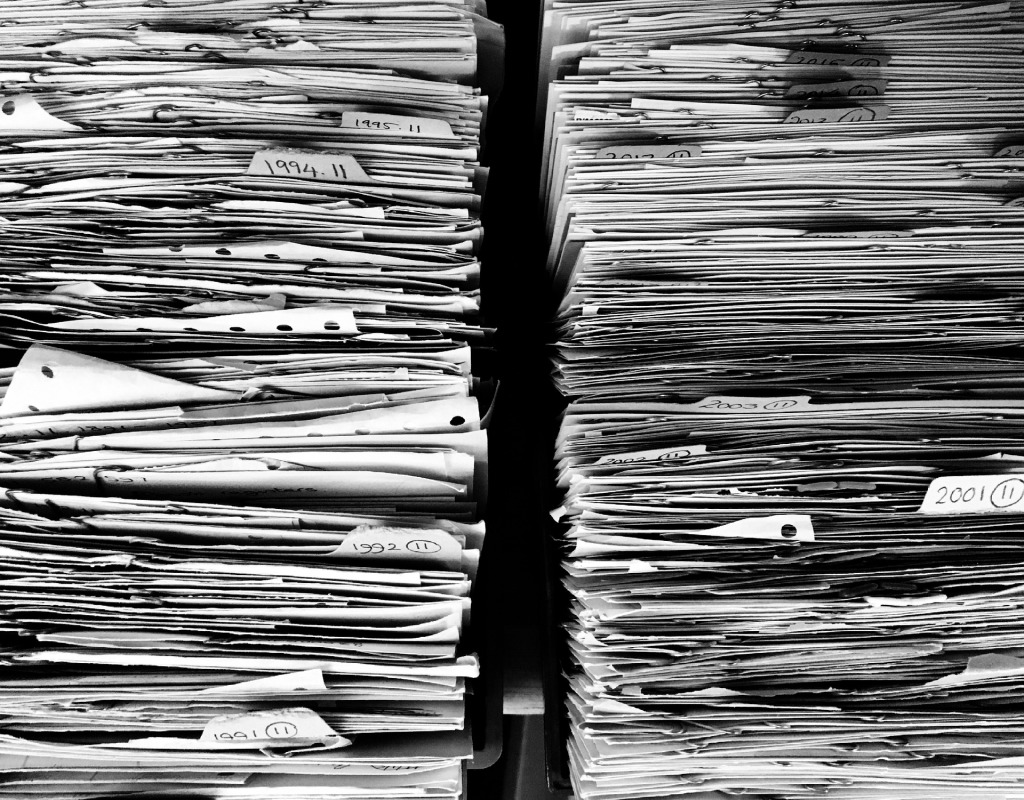

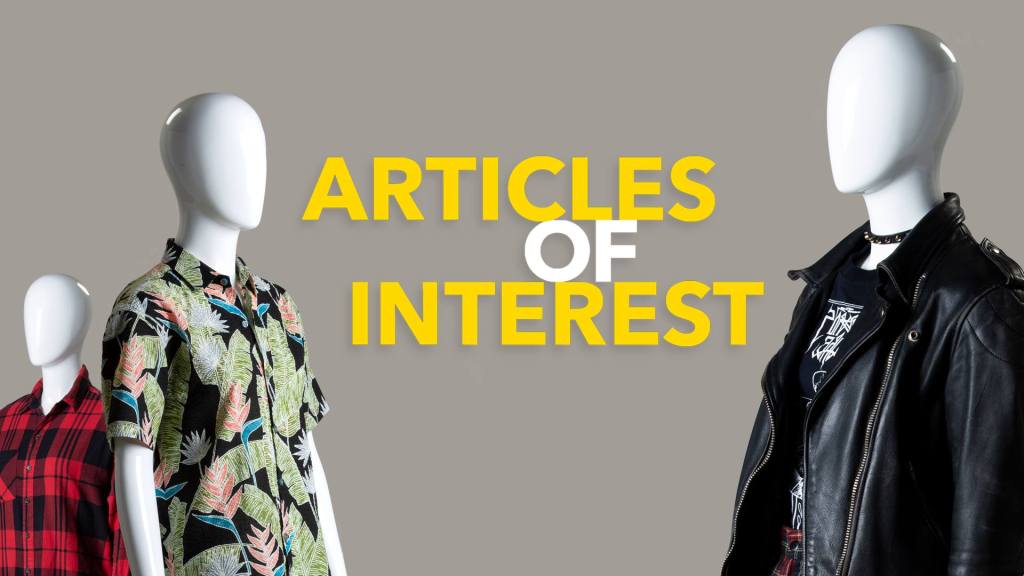

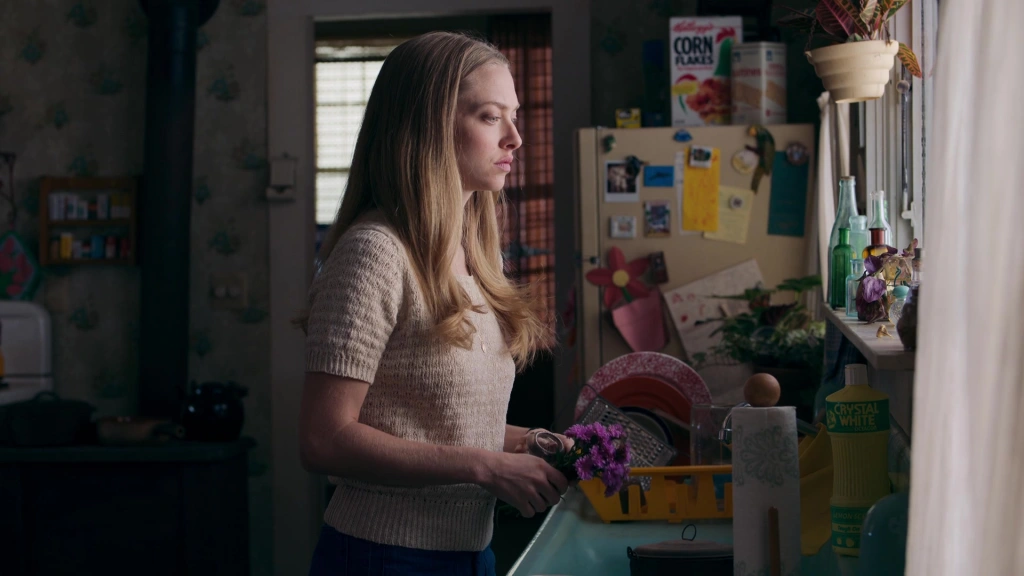
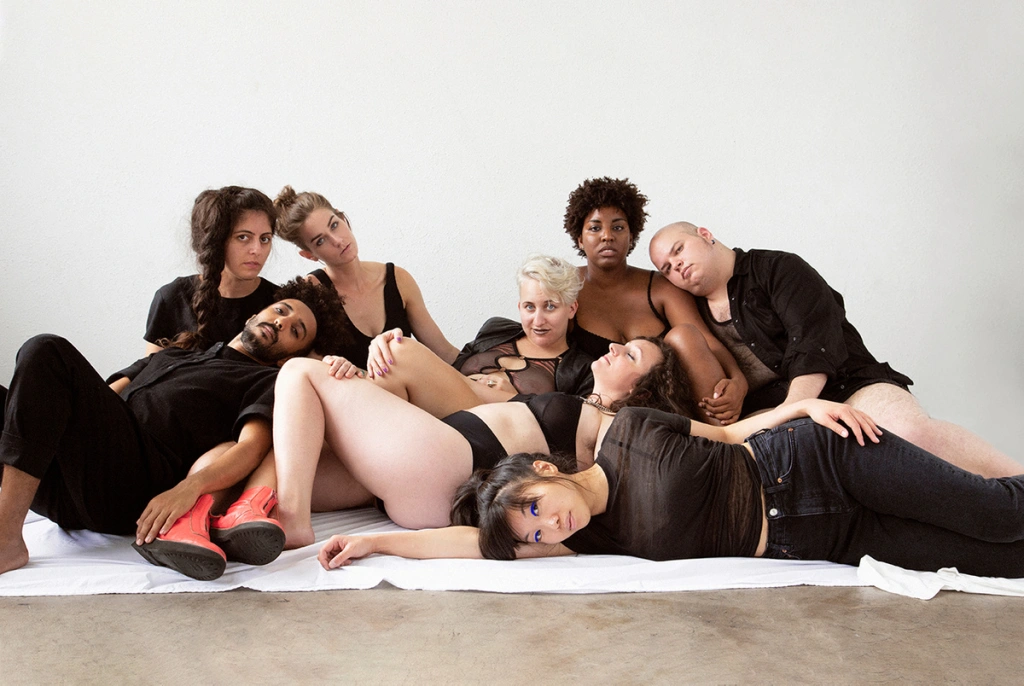
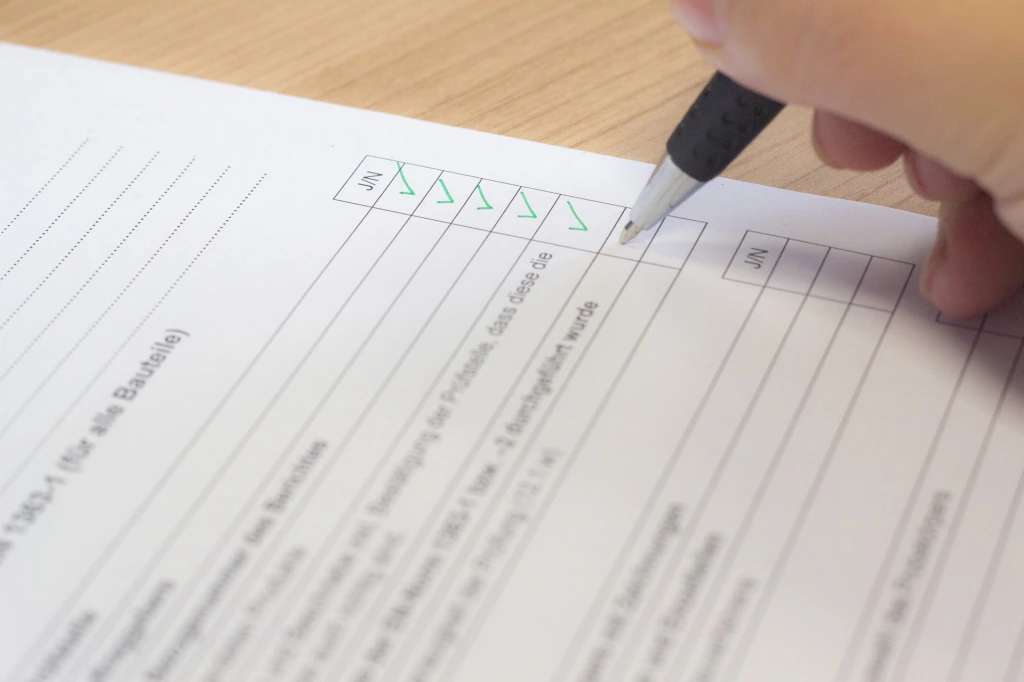

Leave a comment